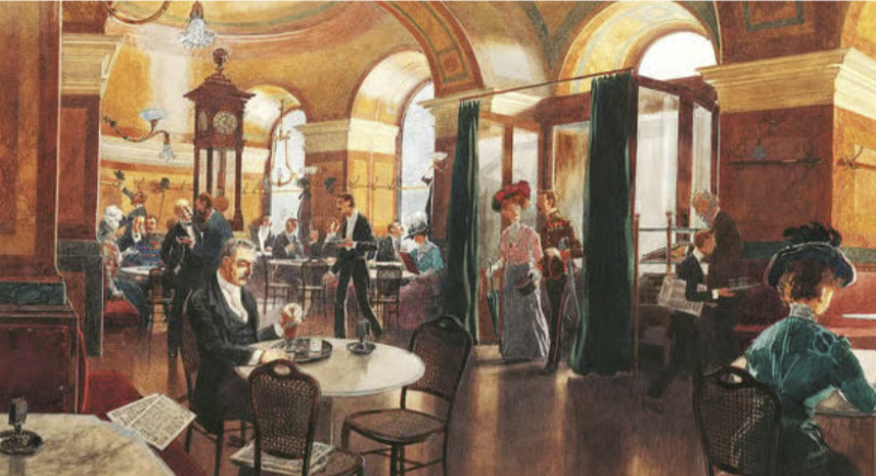The Discreet Charm of the Austrian School of Economics

Vienna, the multinational capital city of the Austro-Hungarian Empire, was at the turn ofthe 19th and 20th centuries an international metropolis and hub for cultural and artistic novelties.Furthermore, the city gave rise to an economic school that revolutionized the way scholars andpolicymakers think about economics. Four men from Vienna, Carl Menger, Eugen von Böhm-Bawerk, and their followers Ludwig von Mises and Friedrich von Hayek, left an indelible markon the world of economics with their rigorous championing of values such as freedom,entrepreneurship, and free markets. Their ideas opposed the omnipotent authority of the statepersonified in communist ideology. Moreover, all four of them were able to theoreticallydemonstrate the deficiencies of a centrally planned economy even before it empirically collapsedin communist countries in the late 1980s.
The Austrian School of Economics perceives the individual and their choices as the most important unit of analysis. The prices of goods and services on the free markets are crucial signals reflecting the preferences of countless individuals participating in the market exchange. Prices as signals provide information to both suppliers and consumers and allow them to increase their utility from transactions. Consequently, the Austrian school perceives private property not only as a right but also as a necessity within a functioning society. It is not a surprise that Hayek, Mises and other representatives of the Austrian School opposed excessive state interventions into economics and rightfully perceived centrally planned economies as flawed ones from their definition. Ludwig von Mises had already, in the year 1920, contradicted the concept of economic calculation advocated by the supporters of socialism. Mises, in his works, theoretically proved that a central planner lacks sufficient information about countless transactions that occur on the market every single day. Thus, central planning omits prices as signals, leads to an inefficient allocation of scarce resources, and results in shortages. On the contrary, free markets allow entrepreneurs to discover opportunities for more efficient allocation of resources, leading to an increased well-being for society as a whole.
The economists from the Austrian School did not just revolve around free markets and the critique of socialism but had a much broader scope of interest. Their other focus of interest was money, more precisely, how the supply of money influences prices in economics. Hayek famously repeated throughout his career that money is not neutral and that an increase in the money supply leads not only to inflation but also to the distortions of capital structures. Consequently, representatives of the Austrian School agreed that excessive inflation is a negative phenomenon that should be avoided at all costs. The inflation negatively impacts the economic welfare of the citizens and has further negative political and societal consequences, such as political instability. Furthermore, it can lead to the emergence of totalitarianism that Hayek personally witnessed during his lifetime and that forced him to emigrate to the United Kingdom.
The intellectual heritage of Carl Menger that emerged in Vienna in the year 1871 by publishing his pioneering work, Principles of Economics, was crowned more than a century later in Stockholm. The Swedish Academy of Sciences has awarded Menger´s intellectual successor, Friedrich von Hayek, with the Nobel Prize in economics for his persistent lifelong work. By this time, the school of thought that emerged in Vienna had left the hermetically sealed doors of lecture rooms and libraries and conquered the world. The values of liberty, economic freedom, entrepreneurship and innovation have found numerous supporters among policymakers, central bankers and intellectuals and are becoming even more relevant in the current world.
